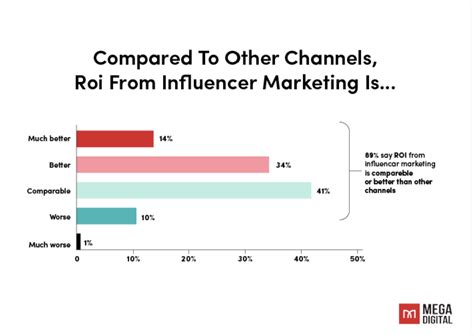Influencer marketing has become a powerful tool for brands looking to expand their reach and engage with target audiences. However, the financial aspects of these partnerships can be complex, especially when it comes to taxes. Understanding the tax implications and leveraging effective tax strategies is crucial for maximizing your return on investment (ROI) in influencer collaborations. This article explores key tax deductions, contract structuring for tax efficiency, managing income and expenses, and the benefits of sponsorships and paid promotions. Additionally, it addresses tax compliance for gifting and product endorsements, long-term tax planning, and navigating international tax laws. By consulting with tax professionals, brands can ensure they optimize their influencer marketing strategies while minimizing tax liabilities.
Dive deep into this topic alongside sizecredit.com
1. Understanding Tax Implications for Influencer Partnerships
When engaging in influencer partnerships, it’s essential to understand the tax implications to ensure compliance and financial efficiency. Influencers, as independent contractors, are subject to different tax rules compared to traditional employees. Payments made to influencers for their services are considered taxable income, and brands must issue a Form 1099-NEC for payments totaling $600 or more within a tax year. This form reports non-employee compensation to the IRS, ensuring both parties adhere to tax regulations.
Additionally, brands should be aware that expenses related to influencer partnerships, such as fees for sponsored posts, travel, and event costs, can be deductible business expenses. However, these deductions must be meticulously documented to withstand potential audits. For influencers, it’s crucial to keep detailed records of income and related expenses, including equipment purchases, content production costs, and any promotional activities. Understanding these tax implications helps both brands and influencers manage their financial obligations effectively, avoid penalties, and maximize the benefits of their collaborations. Clear communication and proper documentation are key to maintaining a smooth and compliant influencer marketing strategy.
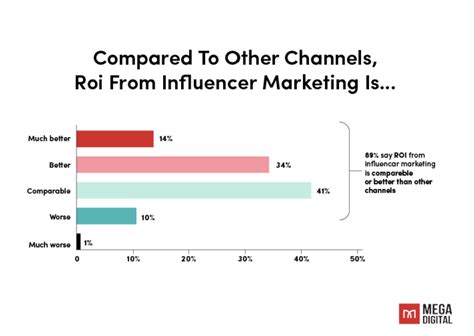
2. Key Tax Deductions for Influencer Collaborations
In influencer collaborations, understanding key tax deductions can significantly impact financial outcomes for both brands and influencers. For brands, expenses related to influencer marketing campaigns are often deductible as business expenses. This includes payments made to influencers, costs for sponsored content creation, and any travel or event expenses incurred during collaboration. Properly documenting these expenses is crucial to ensure they qualify as deductions and to avoid issues during tax audits.
Influencers, as independent contractors, can also benefit from various tax deductions. They can deduct expenses directly related to their work, such as the cost of photography equipment, software for content creation, home office expenses, and even internet and phone bills used for business purposes. Additionally, expenses for maintaining a professional online presence, including website hosting fees, domain registrations, and marketing costs, are also deductible.
To maximize these deductions, both brands and influencers must maintain detailed records of all related expenses and receipts. Using accounting software or working with a tax professional can help ensure all eligible deductions are accurately claimed. By taking advantage of these tax deductions, influencer collaborations can be more financially efficient, reducing overall tax liabilities and enhancing profitability.
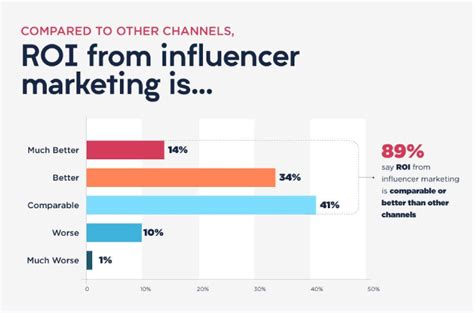
3. Structuring Contracts with Tax Efficiency in Mind
Structuring contracts with tax efficiency in mind is crucial for both brands and influencers to optimize their financial outcomes. A well-drafted contract should clearly outline the compensation terms, including payment amounts, timelines, and any additional benefits such as travel reimbursements or product gifts. Specifying these details helps avoid misunderstandings and ensures that all parties are aware of their tax obligations.
For tax efficiency, contracts should include provisions for expense reimbursements. Instead of providing lump-sum payments, brands can reimburse specific expenses incurred by influencers, such as travel, accommodation, and production costs. This approach not only helps in better tracking of deductible expenses but also aids influencers in accurately reporting their income and deductions.
Contracts should also address the issuance of Form 1099-NEC for payments exceeding $600 in a tax year, ensuring compliance with IRS regulations. Additionally, it’s beneficial to include clauses that specify the responsibilities for tax reporting and documentation, highlighting the importance of keeping detailed financial records.
Engaging a tax professional during contract drafting can provide valuable insights into structuring agreements that maximize tax benefits. This strategic approach ensures both brands and influencers can leverage tax efficiencies, ultimately enhancing the financial viability of their partnerships.
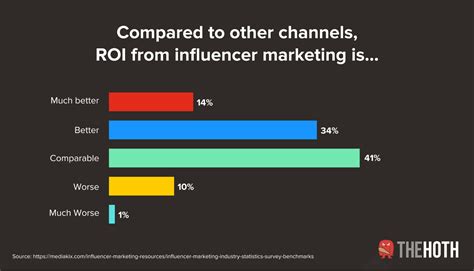
4. Tax Benefits of Sponsorships and Paid Promotions
Sponsorships and paid promotions offer several tax benefits that can enhance the financial efficiency of influencer partnerships. For brands, payments made for sponsorships and promotional activities are typically considered deductible business expenses. This includes fees paid to influencers for sponsored posts, event appearances, and product endorsements. By deducting these costs, brands can reduce their taxable income, ultimately lowering their overall tax liability.
For influencers, the income earned from sponsorships and paid promotions is taxable, but they can offset this with various deductible expenses. For example, costs related to creating sponsored content, such as hiring photographers or videographers, purchasing props or wardrobe items, and even renting locations for shoots, can be deducted. Additionally, travel expenses incurred for promotional activities, including flights, accommodation, and meals, are also deductible, provided they are well-documented and directly related to the business activity.
Both brands and influencers should maintain detailed records of all transactions and expenses related to sponsorships and promotions. This documentation not only ensures compliance with tax regulations but also maximizes the potential for tax savings. Consulting with a tax professional can help identify and leverage all available deductions, ensuring that both parties benefit financially from their collaborations. Properly managing the tax aspects of sponsorships and paid promotions can significantly enhance the ROI of influencer marketing campaigns.
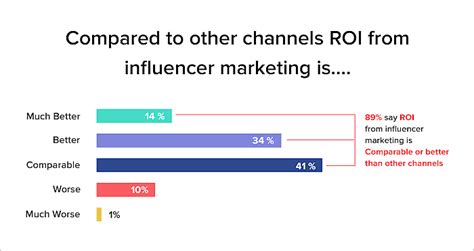
5. Managing Income and Expenses for Influencer Deals
Effective management of income and expenses is vital for optimizing the financial outcomes of influencer deals. For brands, tracking all payments made to influencers is essential for accurate financial reporting and tax deductions. This includes fees for sponsored posts, event appearances, and other promotional activities. Utilizing accounting software can streamline this process, ensuring all transactions are recorded and categorized appropriately.
Influencers, on the other hand, must meticulously track their income from various brand partnerships. This includes payments for sponsored content, affiliate marketing earnings, and other promotional activities. Keeping a detailed log of income sources helps in accurate tax reporting and financial planning.
In terms of expenses, influencers should document all costs related to their business activities. This includes equipment purchases, travel expenses, production costs, and other expenditures necessary for creating content and promoting brands. By maintaining detailed records and receipts, influencers can maximize their tax deductions and reduce their taxable income.
Both brands and influencers can benefit from consulting with a tax professional to ensure they are managing their income and expenses effectively. This professional guidance helps in adhering to tax regulations, optimizing deductions, and ultimately enhancing the financial efficiency of influencer marketing collaborations.
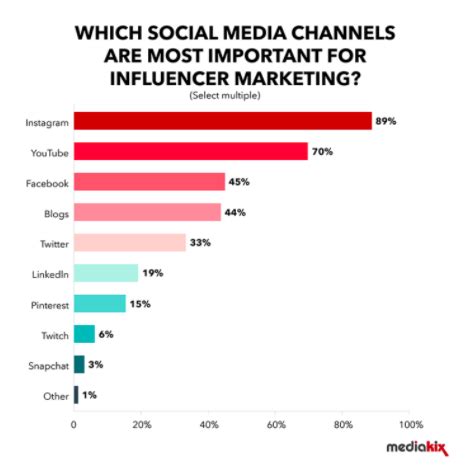
sizecredit.com
